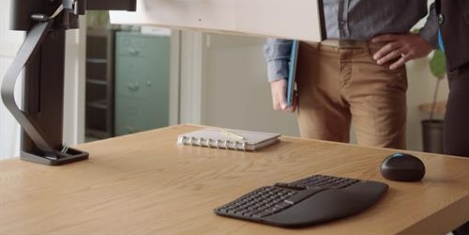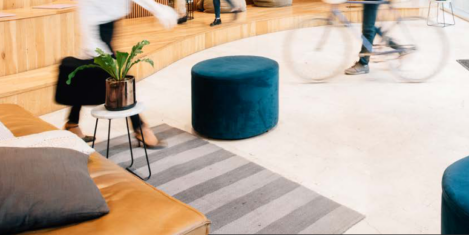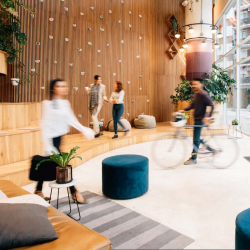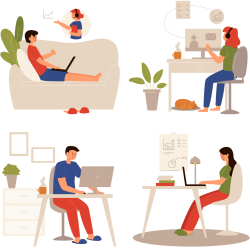September 28, 2022
Work is more visible to managers when people are in the physical workplace
 Although workers think that their work location doesn’t matter, a new poll suggests that their bosses don’t agree. In the poll of US employees from workplace platform Envoy, 96 percent of respondents described as leaders say they take more notice of people’s work contributions when they are in the office. Just 42 percent of respondents described as employees agree. Gen Z employees, more than any other generation, value workplace visibility, with 73 percent believing their contributions are noticed more in-office than at home. Only 64 percent of Millennials, 53 percent of Gen X, and 45 percent of Boomers feel the same. Among executives, women are more likely than men to recognise work and contributions accomplished from home. (more…)
Although workers think that their work location doesn’t matter, a new poll suggests that their bosses don’t agree. In the poll of US employees from workplace platform Envoy, 96 percent of respondents described as leaders say they take more notice of people’s work contributions when they are in the office. Just 42 percent of respondents described as employees agree. Gen Z employees, more than any other generation, value workplace visibility, with 73 percent believing their contributions are noticed more in-office than at home. Only 64 percent of Millennials, 53 percent of Gen X, and 45 percent of Boomers feel the same. Among executives, women are more likely than men to recognise work and contributions accomplished from home. (more…)


































September 30, 2022
There is no F in work
by James Woudhuysen • Comment, Flexible working, Wellbeing, Workplace design
(more…)